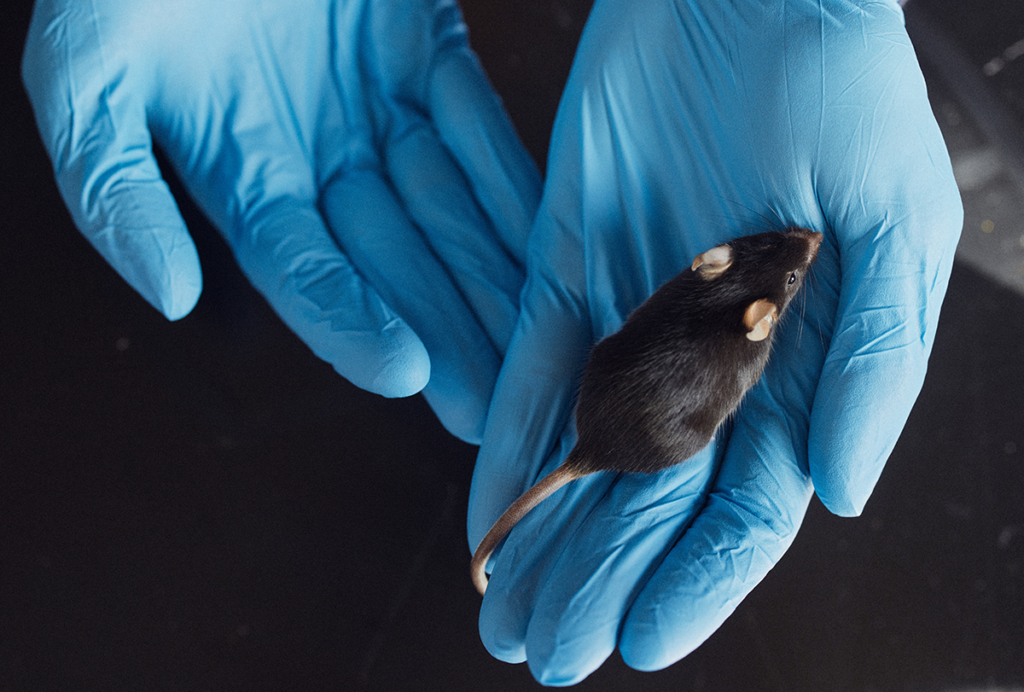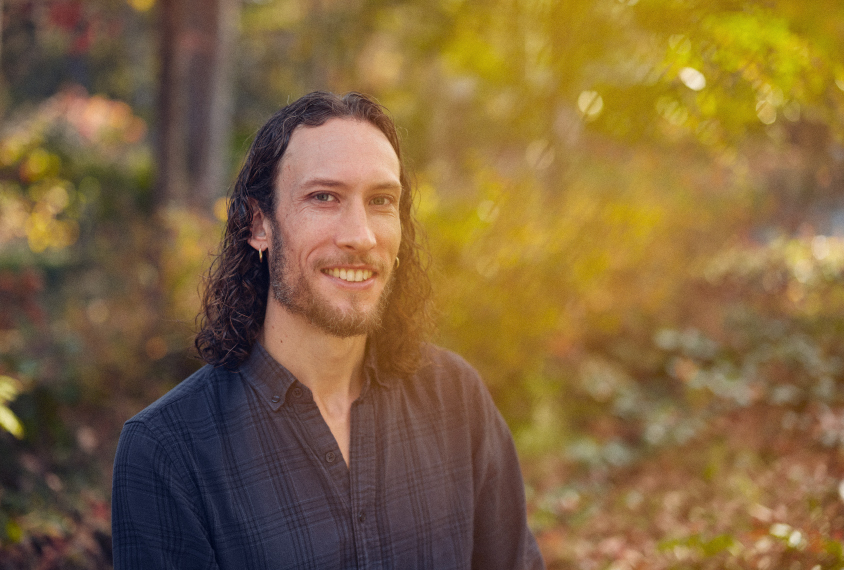Alex Boerner
Photographer
From this contributor
Molecular changes after MECP2 loss may drive Rett syndrome traits
Knocking out the gene in adult mice triggered up- and down-regulated expression of myriad genes weeks before there were changes in neuronal function.

Molecular changes after MECP2 loss may drive Rett syndrome traits
Asleep in the Mouse House with Graham Diering
Memories from Diering’s life trace the rising star’s scientific path from raising lizards as a child and later exploring home brewing to heading a lab that investigates memory, sleep disturbances and early development in animals with autism-linked mutations.

Asleep in the Mouse House with Graham Diering
Cognition and behavior: Seizures may spark social deficits
Inducing seizures in young mice leads to autism-like social behavior, as well as problems with learning and memory, according to a paper published 29 March in Experimental Neurology.

Cognition and behavior: Seizures may spark social deficits
Explore more from The Transmitter
It’s time to examine neural coding from the message’s point of view
In studying the brain, we almost always take the neuron’s perspective. But we can gain new insights by reorienting our frame of reference to that of the messages flowing over brain networks.
It’s time to examine neural coding from the message’s point of view
In studying the brain, we almost always take the neuron’s perspective. But we can gain new insights by reorienting our frame of reference to that of the messages flowing over brain networks.
Autism traits, mental health conditions interact in sex-dependent ways in early development
Here is a roundup of autism-related news and research spotted around the web for the week of 31 March.

Autism traits, mental health conditions interact in sex-dependent ways in early development
Here is a roundup of autism-related news and research spotted around the web for the week of 31 March.
Organoids and assembloids offer a new window into human brain
These sophisticated 3D cultures reveal previously inaccessible stages of human brain development and enable the systematic study of disease genes.

Organoids and assembloids offer a new window into human brain
These sophisticated 3D cultures reveal previously inaccessible stages of human brain development and enable the systematic study of disease genes.